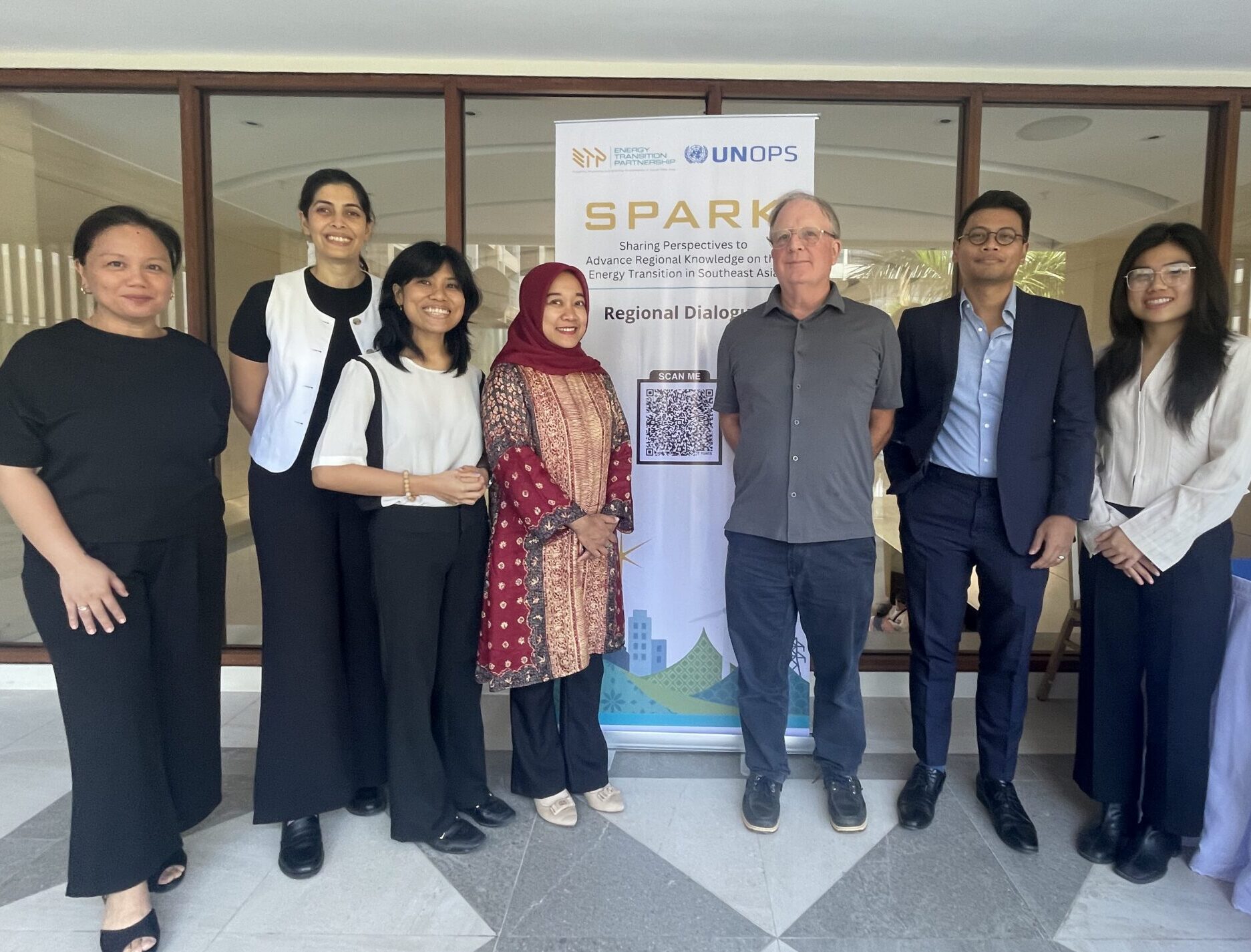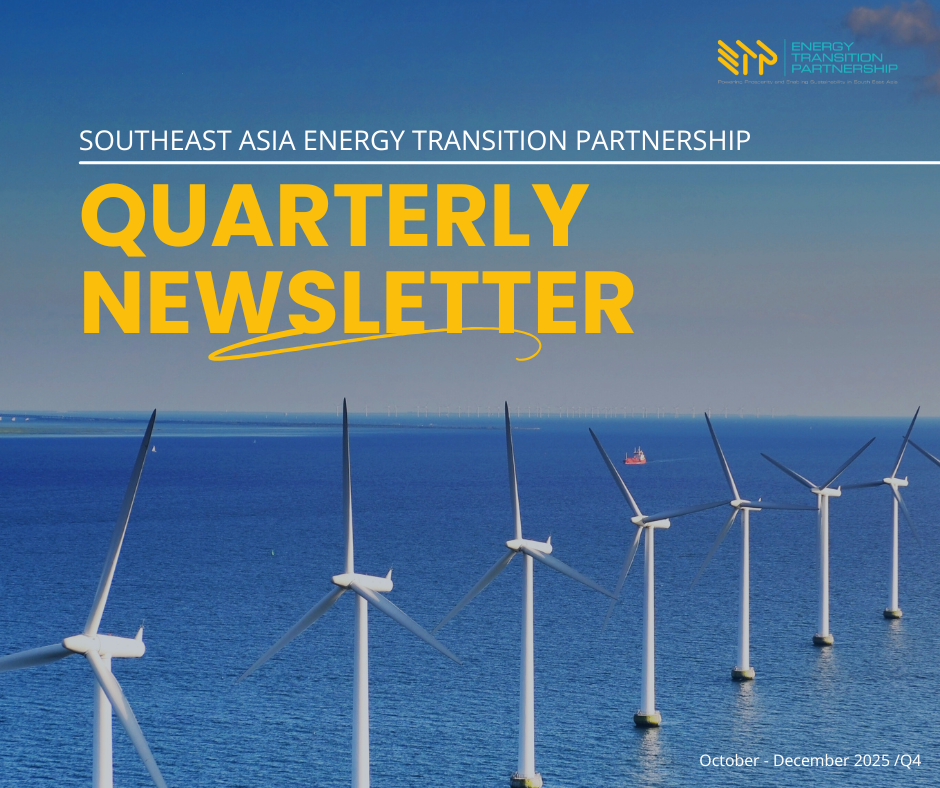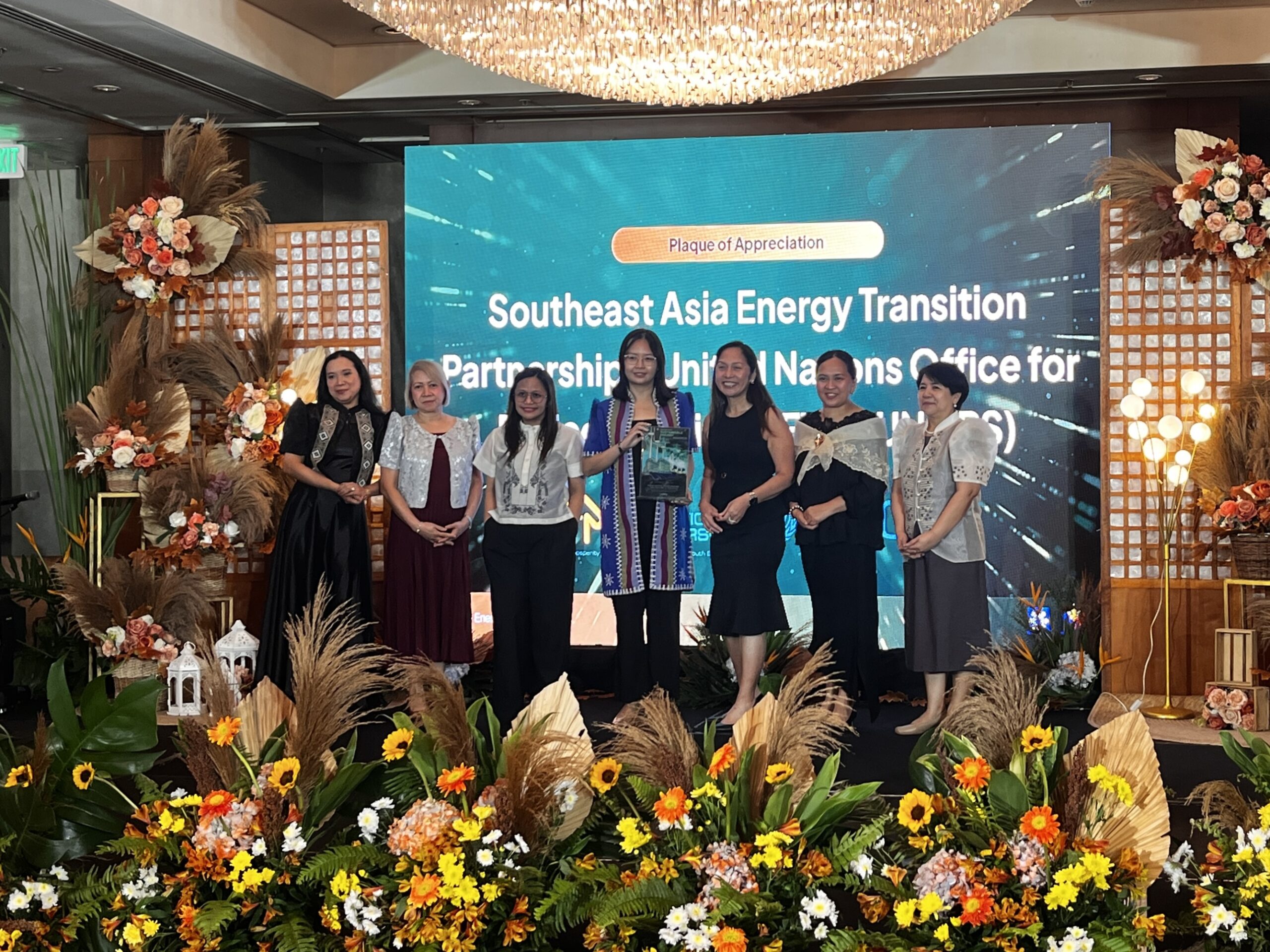The Coordinating Ministry of Economic Affairs of the Republic of Indonesia and the Southeast Asian Energy Transition Partnership Held an Overseas Policy Dialogue in Slovakia to Benchmark Energy Transition Strategies
The Coordinating Ministry of Economic Affairs, in collaboration with the Southeast Asian Energy Transition Partnership (ETP), organized a five-day Overseas Policy Dialogue from 21 to 25 July 2025, bringing together representatives from key Indonesian government institutions. The primary objective was to gain insights from Slovakia, a nation recognized for its successful strategies in renewable energy development, early retirement of coal-fired power plants (CFPP), and coal usage reduction—factors critical for Indonesia’s adaptation efforts.

Slovakia has notably utilized the EU Emissions Trading System (ETS) and actively engaged stakeholders to facilitate the phase-out of CFPPs in 2024 – earlier than its 2030 target. The visit to Slovakia involved meetings with government officials, representatives from national grid companies and clean energy developers. Highlights included a tour of the Novaky Power Plant, an early-retired CFPP critical to the region of Upper Nitra, previously reliant on coal mining. The plant, initially intended to operate until 2030 with financial assistance, was closed early due to EU pressures and rising carbon costs. The transition from coal in the area is now supported by EU structural funds, encouraging developments in renewable sources like solar parks and green hydrogen on formerly coal-dependent sites.
The Indonesian delegation explored the country’s policy frameworks, incentive programmes, and technological innovations that have led to advancements in energy transition investments and development.

About the project
The ‘Innovation New Incentives Mechanism for Energy Transition Projects’ Project is focused on driving investments in renewable energy and expedite early retirement of coal-fired power plants in Indonesia by identifying effective incentive mechanisms and removal of disincentives to support energy transition projects across three focus areas, namely (i) renewable energy development, (ii) coal-fired power plant early retirement, and (iii) coal phase-down projects (i.e., the capacity factor reduction and the adoption of co-firing).
The insights gained from this policy visit aim to build a comprehensive understanding of how other countries successfully formulate and implement a cohesive policy framework for energy transition. These insights will be evaluated for potential adaptation within the Indonesian context. Additionally, this visit is expected to uncover opportunities for bilateral cooperation and partnerships in renewable energy and energy transition projects, while also enhancing the capacity of Indonesian professionals to design and execute effective energy transition policies and programs.




